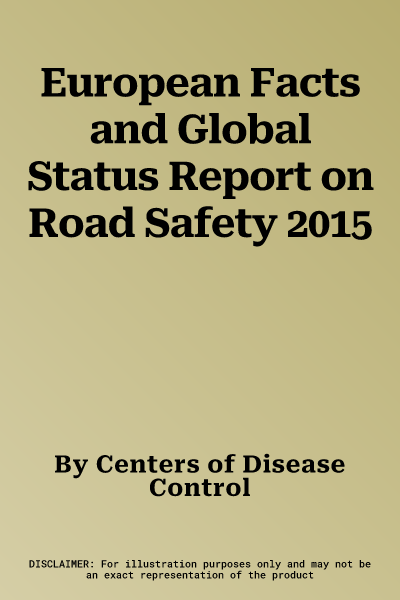In 2013, there were almost 85,000 deaths from road traffic injuries in
the WHO European Region. Although the regional mortality rate is the
lowest when compared to other WHO regions, with 9.3 deaths per 100,000
population, there are wide disparities in the rates of road traffic
deaths between countries of the Region. This requires more systematic
efforts if the global target of a 50% reduction in road crash deaths is
to be achieved by 2020. Laws and practices on key risk factors such as
regulating speed appropriate to road type, drunk-driving, and use of
seat belts, motorcycle helmets and child restraints are assessed to
reduce the risk of road traffic injury. Many countries need to further
strengthen their road safety legislation and enforcement in order to
protect their populations, improve road user behavior and reduce the
number of crashes. While 95% of the population in the Region is covered
by comprehensive laws in line with best practice for seat belts, only
47% of the population is adequately protected by laws for speed, 45% for
helmet use, 33% for drunk-driving and 71% for use of child restraints.
Much can be gained from improving the safety of vehicles, having better
road infrastructure and promoting sustainable physically active forms of
mobility as alternatives to car use. Concerted policy efforts with
systems approaches are needed to protect all road users in the Region.

